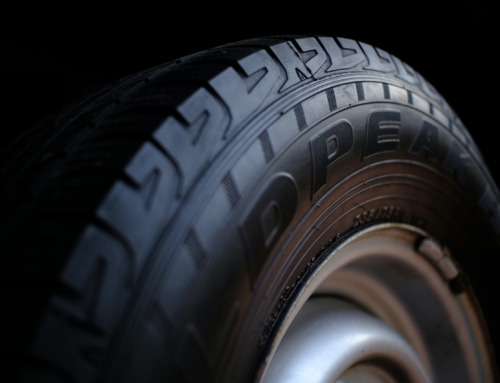In the intricate dance of maintaining a car, the oil plays a pivotal role, lubricating moving parts, keeping the engine cool, and ensuring everything runs smoothly. But what happens when there’s too much of this crucial fluid? The consequences of overfilling your car with oil can range from minor annoyances to severe engine damage. This article delves into the duration your car can withstand this condition and the potential risks involved.
Understanding the Impact of Excess Oil
When your engine has more oil than it needs, the excess can whip into a frothy mixture by the crankshaft’s motion. This aerated oil can compromise the lubrication of engine components, leading to increased friction and heat. Over time, this scenario stresses engine parts, potentially leading to premature wear.
Moreover, the crankshaft dipping into the surplus oil creates resistance, akin to stirring a thick liquid, which reduces engine efficiency and increases fuel consumption. Not exactly what any car owner wants.
The Timeline of Trouble
There’s no one-size-fits-all answer to how long can I run my car with too much oil, as it depends on the engine type, the amount of excess oil, and your driving conditions. However, it’s safe to say that the longer the issue persists, the higher the risk of damage.
In the short term, you might not notice any significant problems beyond perhaps a slight drop in performance. However, within a few hundred miles, symptoms can start to manifest more clearly. These might include oil leaks from over-pressurization, spark plug fouling leading to misfires, and in severe cases, catastrophic engine failure due to damaged seals and gaskets.
Preventive Measures and Solutions
First and foremost, prevention is key. Always adhere to the manufacturer’s recommended oil capacity when performing an oil change. If you accidentally overfill, the simplest solution is to drain the excess oil until it reaches the correct level. Many service stations and mechanics can perform this task quickly and affordably, ensuring your engine isn’t subject to undue stress.
For those who find themselves with an overfilled engine, prompt action is paramount. Continuing to drive, hoping the issue will resolve itself, only invites potential disaster. Instead, address the problem head-on to safeguard your vehicle’s health and longevity.
In Conclusion
Too much of a good thing, in this case, engine oil, can indeed be harmful to your car. While it’s challenging to pin down an exact timeline for when damage will occur, it’s evident that the risks escalate with time and mileage. Being proactive about maintaining the correct oil level can save you from a host of problems down the line, ensuring your car continues to serve you well for miles to come.





